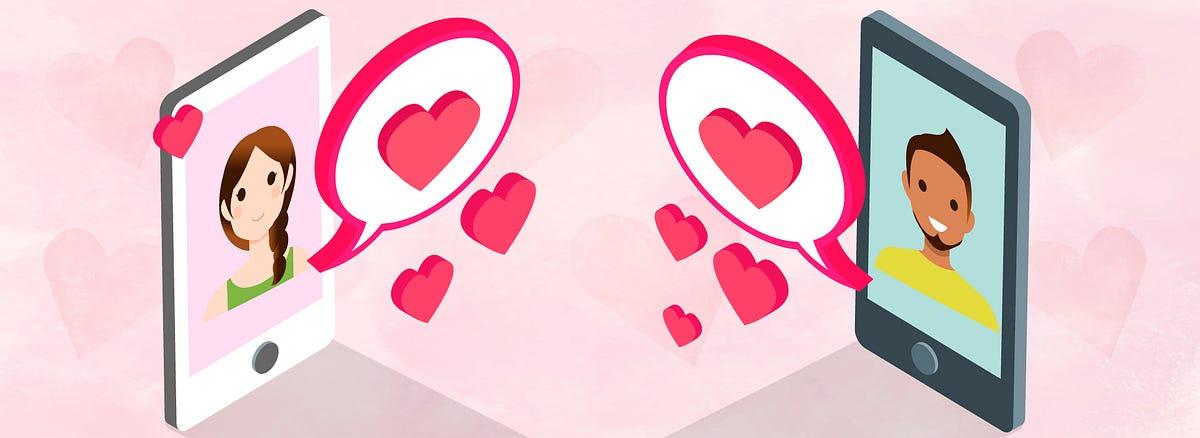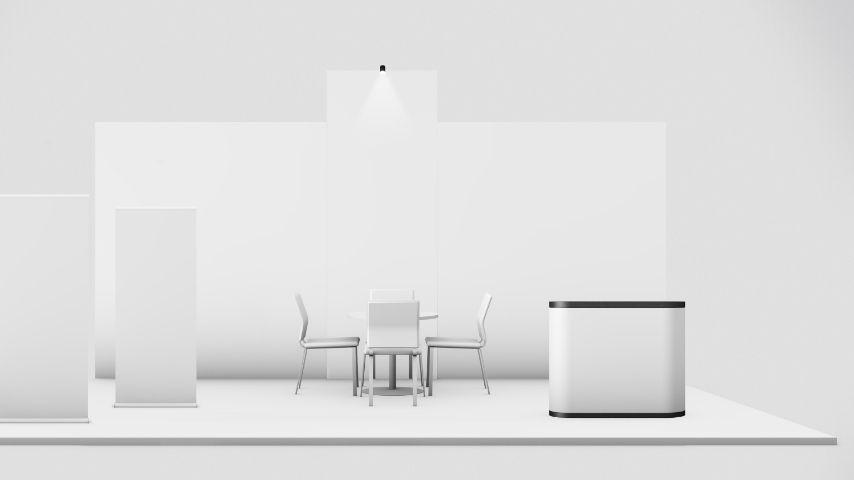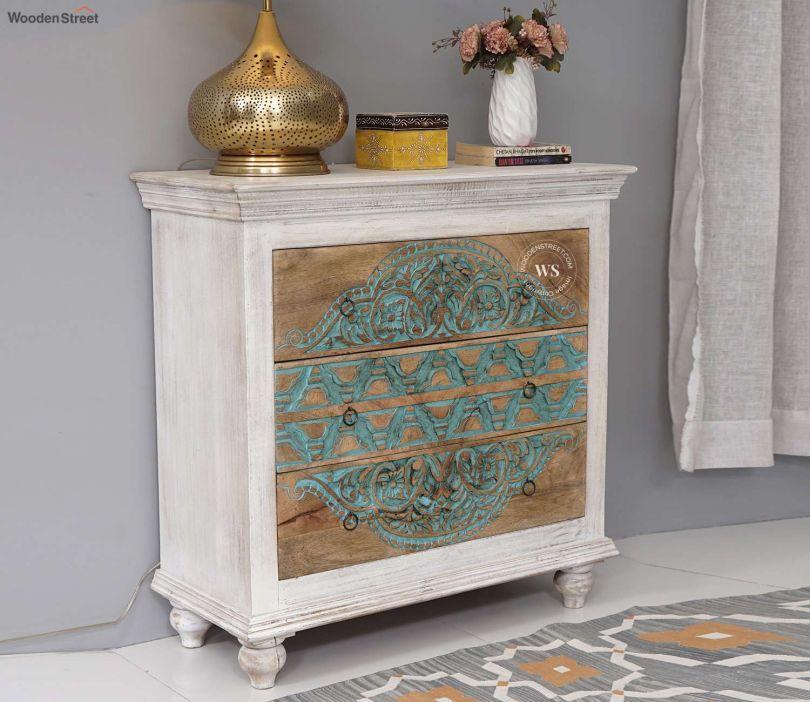How to Design a Dating App Like Tinder?

Designing a dating app like Tinder requires a strategic blend of intuitive UI, seamless user experience, and smart algorithms. As the demand for digital matchmaking grows, creating a Tinder clone can be a promising business opportunity. The key lies in understanding the essential features—swipe functionality, geolocation, real-time chat, and profile matching.
A well-designed app should prioritize user safety, performance, and engagement. Whether you're targeting casual dating or niche communities, replicating the core Tinder experience while offering unique value can help you stand out. From wireframing and choosing the right tech stack to integrating monetization models, this guide will walk you through the necessary steps to build a successful dating platform similar to the world-renowned Tinder app.
Key Features of a Dating App Like Tinder
Building an app like Tinder means replicating some core features that make the experience fun, fast, and effective for users.
User Registration and Profiles
Every dating app starts with users signing up. Allow users to register using their phone number, email, or social media accounts like Facebook or Google. Profile creation should be straightforward but informative. Users need to upload photos, write a bio, and add basic details like age, gender, and interests.
Profiles should display essential info quickly, so other users can make fast decisions. Adding prompts or questions can help users express their personality.
Geolocation and Matching Algorithm
Tinder’s success lies in showing potential matches nearby. Incorporate geolocation to detect the user’s location and display other users within a specified distance. This keeps matches relevant and convenient.
Your matching algorithm should consider location, age, gender preferences, and interests. You can start simple with filters and gradually introduce machine learning to improve matches based on user behavior.
Swipe and Match Mechanism
The signature swipe interface is a must-have. Users swipe right to like and left to pass. When two users swipe right on each other, a match happens, unlocking the ability to chat. This fast, game-like interaction keeps users engaged.
Make sure the swipe animation is smooth, responsive, and intuitive. Small details like haptic feedback or sound effects enhance the experience.
Messaging System
Once matched, users expect an easy way to chat. Build a secure real-time messaging system with features like typing indicators, read receipts, and image sharing. Keep the interface simple to avoid overwhelming users.
Consider adding icebreaker prompts or stickers to make conversations less awkward.
Push Notifications
Push notifications help keep users active. Send alerts for new matches, messages, or reminders to check the app. But don’t overwhelm users — too many notifications cause people to uninstall the app.
Provide users control over notification settings.
Security and Privacy Features
Privacy is crucial in dating apps. Include options to control who sees profiles, block or report users, and verify profiles to reduce fake accounts. Use encryption for messages and protect user data with strong backend security.
Display clear terms of use and privacy policies to build trust.
Steps to Design a Dating App Like Tinder
Designing a dating app involves several important steps, from planning to launch.
Research and Market Analysis
Start by analyzing competitors and identifying your target audience. What features do users want? What gaps exist in the market? Research helps you tailor your app to meet real needs and stand out.
Planning the User Experience (UX)
Map out the user journey. Think about the flow from sign-up to matching and chatting. Keep the process simple and fast to reduce drop-offs. Wireframe your app screens focusing on ease of use.
Designing the User Interface (UI)
Create a clean, attractive design that appeals to your audience. Use familiar icons and gestures, like swiping, so users feel comfortable. Colors and typography should reflect the app’s vibe — friendly, modern, and approachable.
Choosing the Right Technology Stack
Decide on the platforms (iOS, Android, Web) and the technologies you will use. Common choices include:
-
Frontend: React Native, Swift, Kotlin
-
Backend: Node.js, Ruby on Rails, Python Django
-
Database: MongoDB, PostgreSQL
-
Cloud Services: AWS, Google Cloud, Firebase
Choose tools that scale easily and support real-time features like messaging.
Developing the App Backend
Build the server-side logic to handle user data, matching, messaging, and notifications. Ensure your backend can process many requests quickly and securely.
Building the Frontend
Develop the app interface with smooth animations and quick response times. Implement the swipe feature carefully for a natural feel.
Testing and Quality Assurance
Test your app on different devices and user scenarios. Check for bugs, crashes, and security loopholes. User feedback during beta testing helps refine the app.
Launch and Marketing
Prepare your launch by creating buzz on social media and app stores. Encourage early users to rate and review the app to boost visibility.
Monetization Strategies
Making money from your dating app development services requires a smart approach.
Subscription Plans
Offer premium plans with perks like unlimited swipes, seeing who liked you, or boosting profile visibility. Many users will pay for enhanced experiences.
In-App Purchases
Sell virtual gifts, extra matches, or profile boosts. These small purchases add revenue without forcing subscriptions.
Ads Integration
Display ads to free users but keep them unobtrusive. Balance ads so they don’t ruin the experience.
Challenges and How to Solve Them
Building a dating app isn’t without hurdles.
User Retention
Keep users engaged by regularly adding new features and improving matchmaking. Push notifications and fresh content help maintain interest.
Fake Profiles and Spam
Use AI tools and manual reviews to spot fake accounts quickly. Profile verification via photo or social media helps maintain a safe community.
Scalability
Prepare your infrastructure to handle user growth. Use cloud services that adjust resources automatically and maintain fast app performance.
Conclusion
Designing a dating app like Tinder requires combining a user-friendly interface with powerful backend technology. Focus on key features like geolocation, swipe matching, and messaging to create a lively community. By planning the user journey carefully and tackling challenges proactively, you can build an app that connects people and stands out in the crowded dating market.







